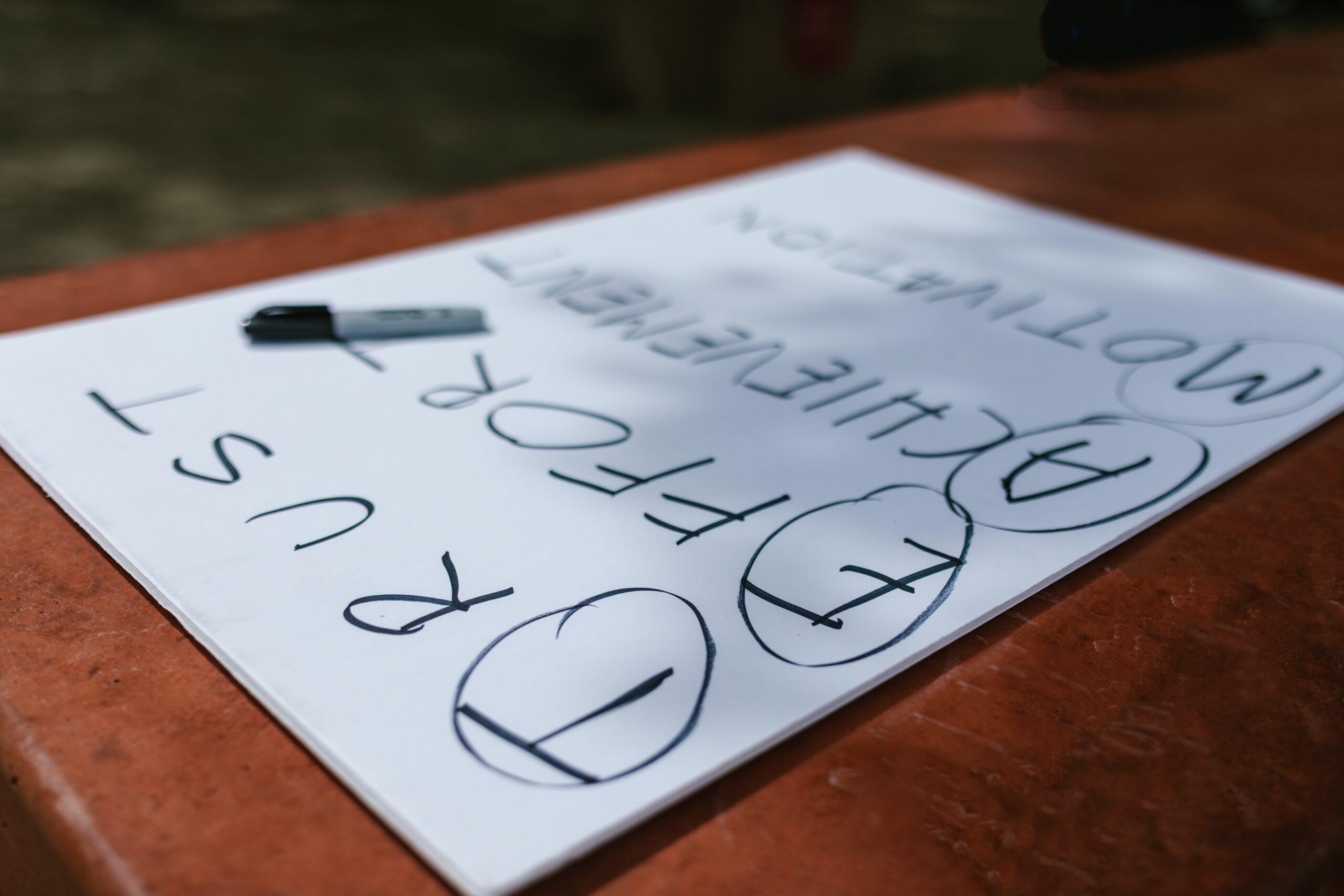Developing and maintaining a high level of trust amongst members of a working group is an essential aspect of group effectiveness. When members trust in the process and build trust with each other they are more likely to achieve better outcomes, not only for themselves but for the group. When trust is high, group members will more openly express their thoughts, feelings, opinions and share information. When trust is low, members hold back and aren’t able to progress through the process.
When a group begins, members usually focus on what is expected of them and the group’s goal or outcome. They want an understanding of the process and their level of influence or contribution to the end goal. Next, group members become acquainted with each other and the process to achieve the goal or outcome. It is a time to set up expectations around working together. From here, it is important to help members recognise mutuality and build trust.
In a recent project, we were engaged to facilitate a working group to explore the possibility of bringing their organisations into a hub style facility. We understood stakeholders would have different perspectives on the project as well as different relationships with each other and with Council. We invested time at the beginning of the project to build relationships with the stakeholders and their trust in Council, and the process.
Here are our top tips for developing trust within a working group.
- Don’t rush the process – It does take time to unite a group and build relationships, invest time in the beginning to ensure better outcomes in the end. Dedicate time for members to share how they like to work within a group and create group agreements.
- Provide an opportunity for everyone to feel heard – ensure all members of the group have an opportunity to have their voices heard. There will be louder voices and quieter voices, so make sure each member has an opportunity to contribute, through conversations, online tools such as Menti or Groupmap, or even one-on-one interviews at the beginning of the process to understand their individual needs.
- Offer opportunities for group members to get to know each other – Allow time for participants to share information about themselves and their organisation. Create opportunities for members to identify areas of commonality, such as their love of their community. A good way to do this is through a speed dating activity and this can be done face to face and online.
- Be transparent about the purpose or goal of the group – be very clear about the level of influence the group has and the decision-making process. Members are more likely to be engaged and trust in the process when there are clear processes and outcomes. Have a Q&A session where group members can ask questions about the project or process.
About Kate Wilby
Kate, our Engagement Lead, possesses strengths in well-organised project management and her interpersonal communication with clients are a boon for any project she leads. Her genuine care for those she interacts with on client projects can be seen through the warm and compassionate approach she takes with communities, and the whole spectrum of stakeholder across a project.
She uses excellent communications skills to build trust with clients and communities, to deliver strong project outcomes. She enjoys developing and implementing creative engagement projects that keep stakeholders and communities informed and engaged.
Kate’s practice is centered on understanding the communities in which she is engaging, their preferences and their relationship to other community members. She taps into the connections and experiences of other agencies, working effectively with stakeholders and project partners to broaden the reach and effectiveness of the project.


